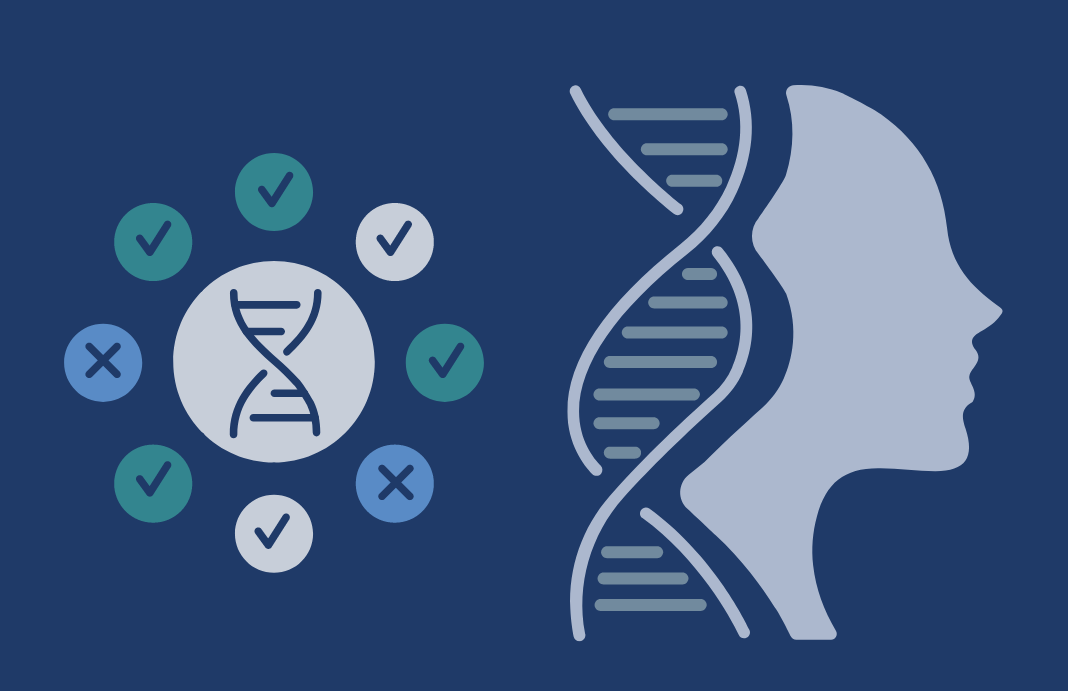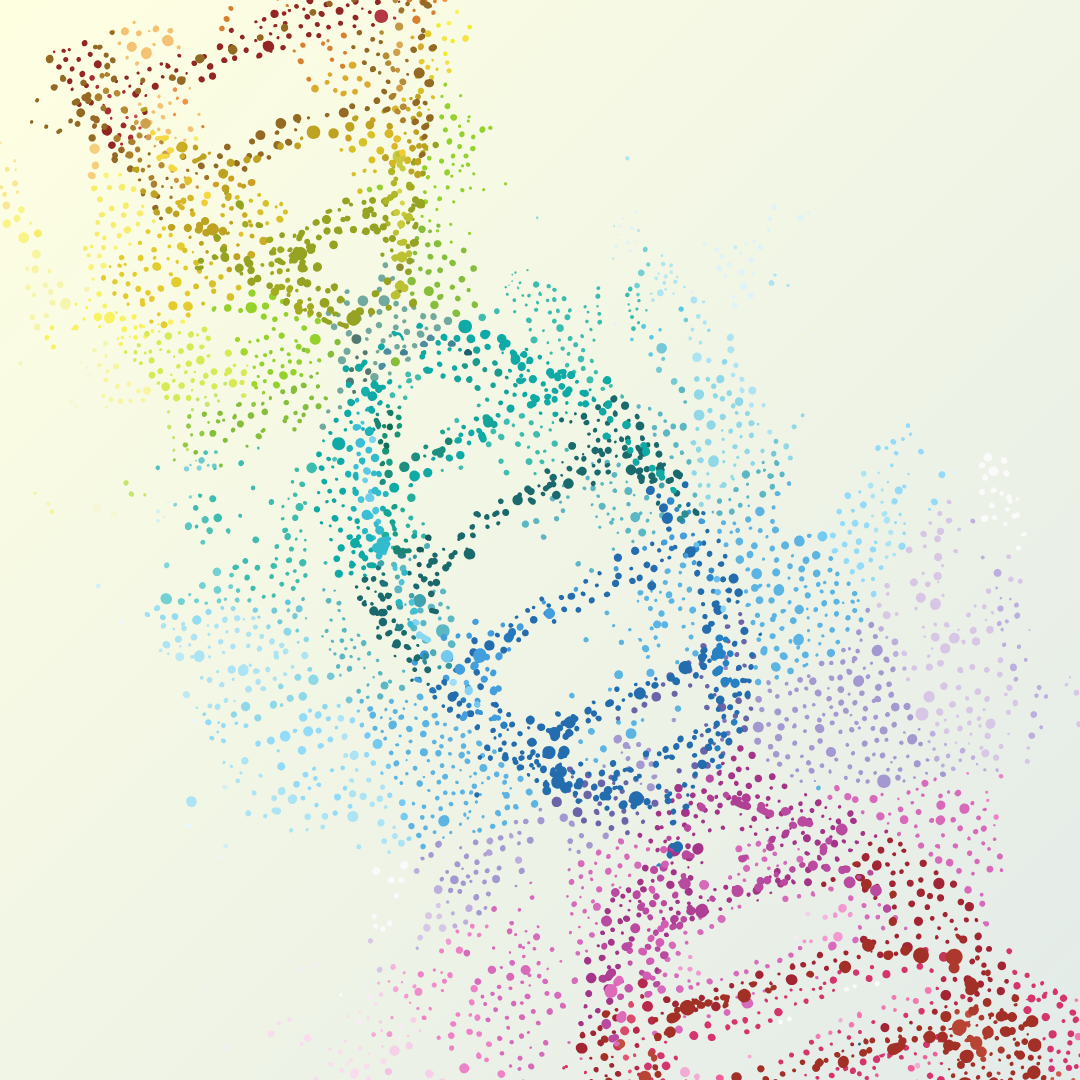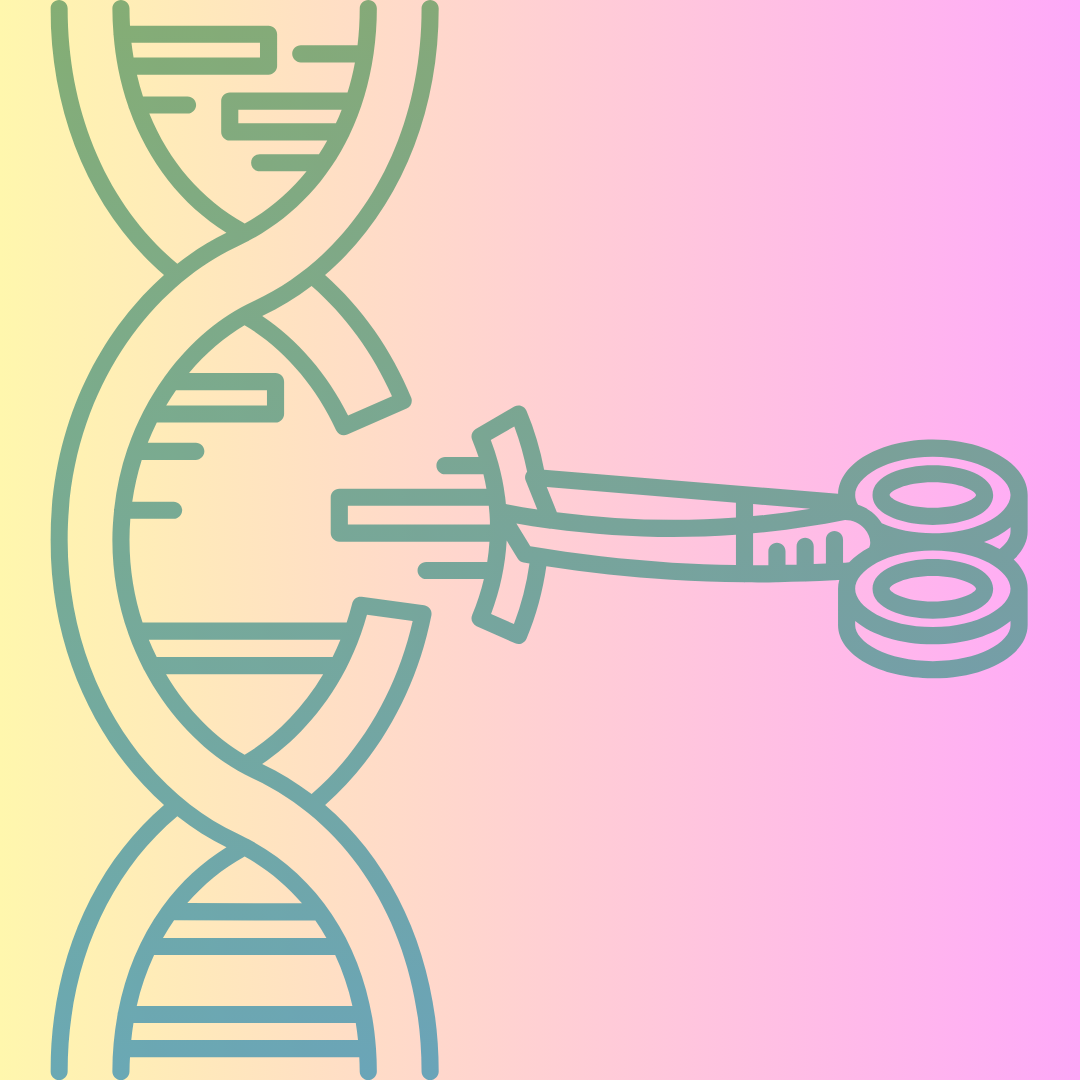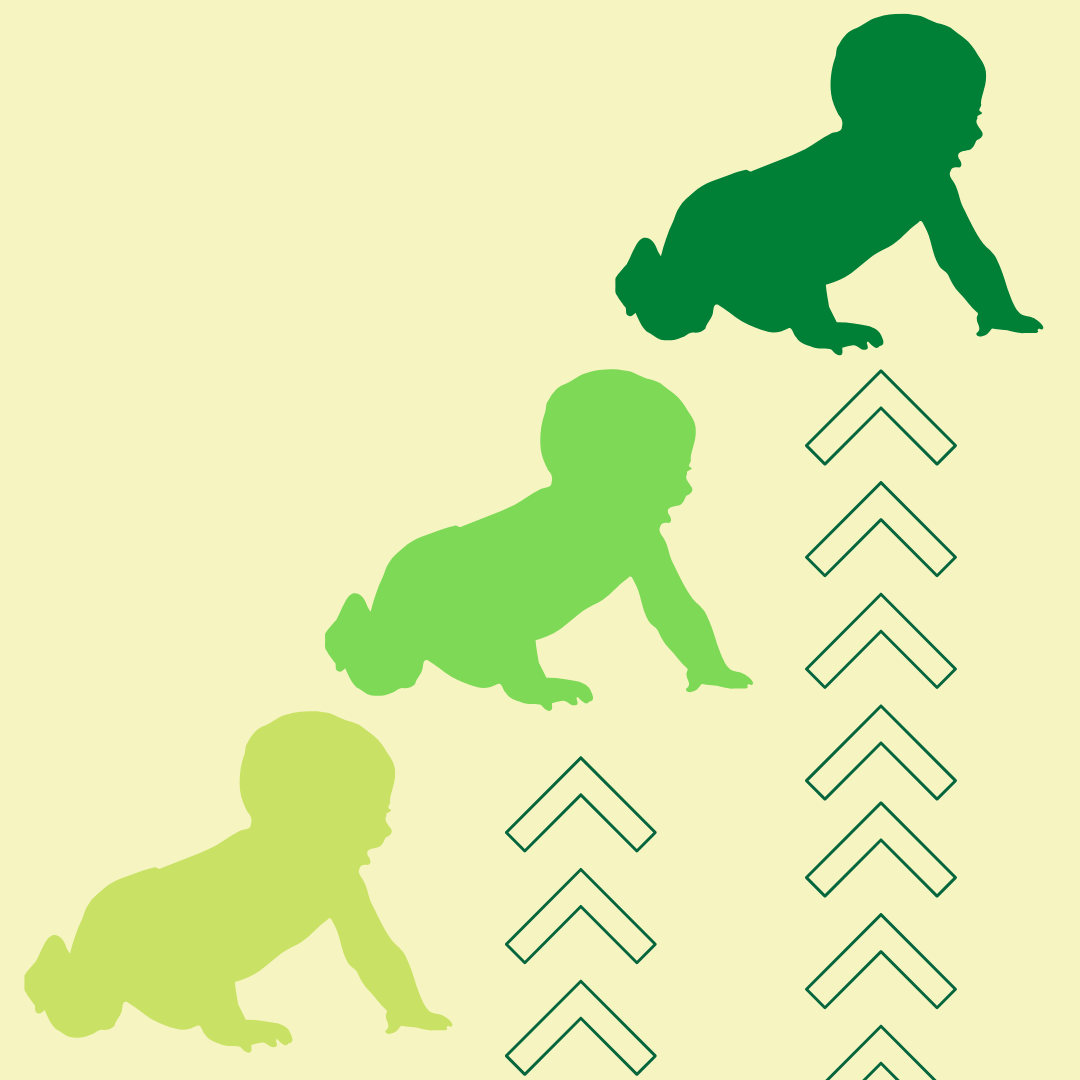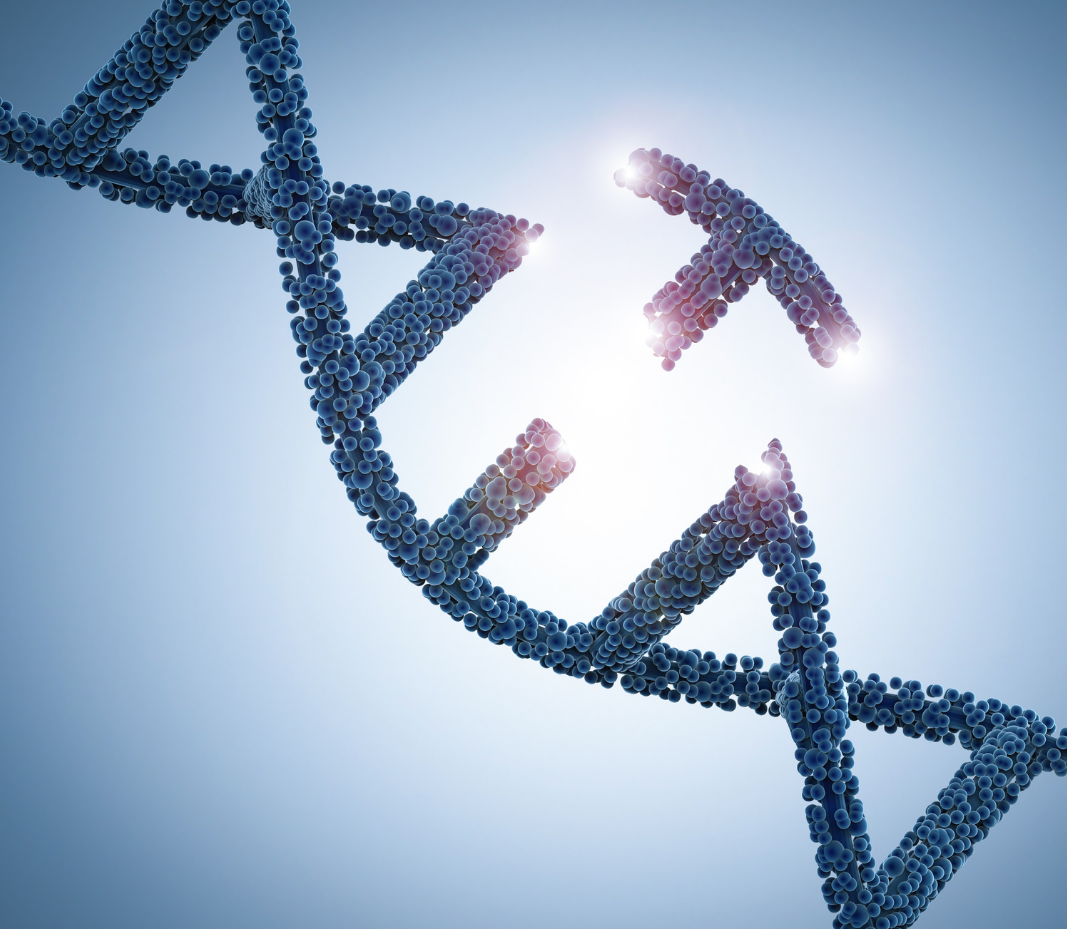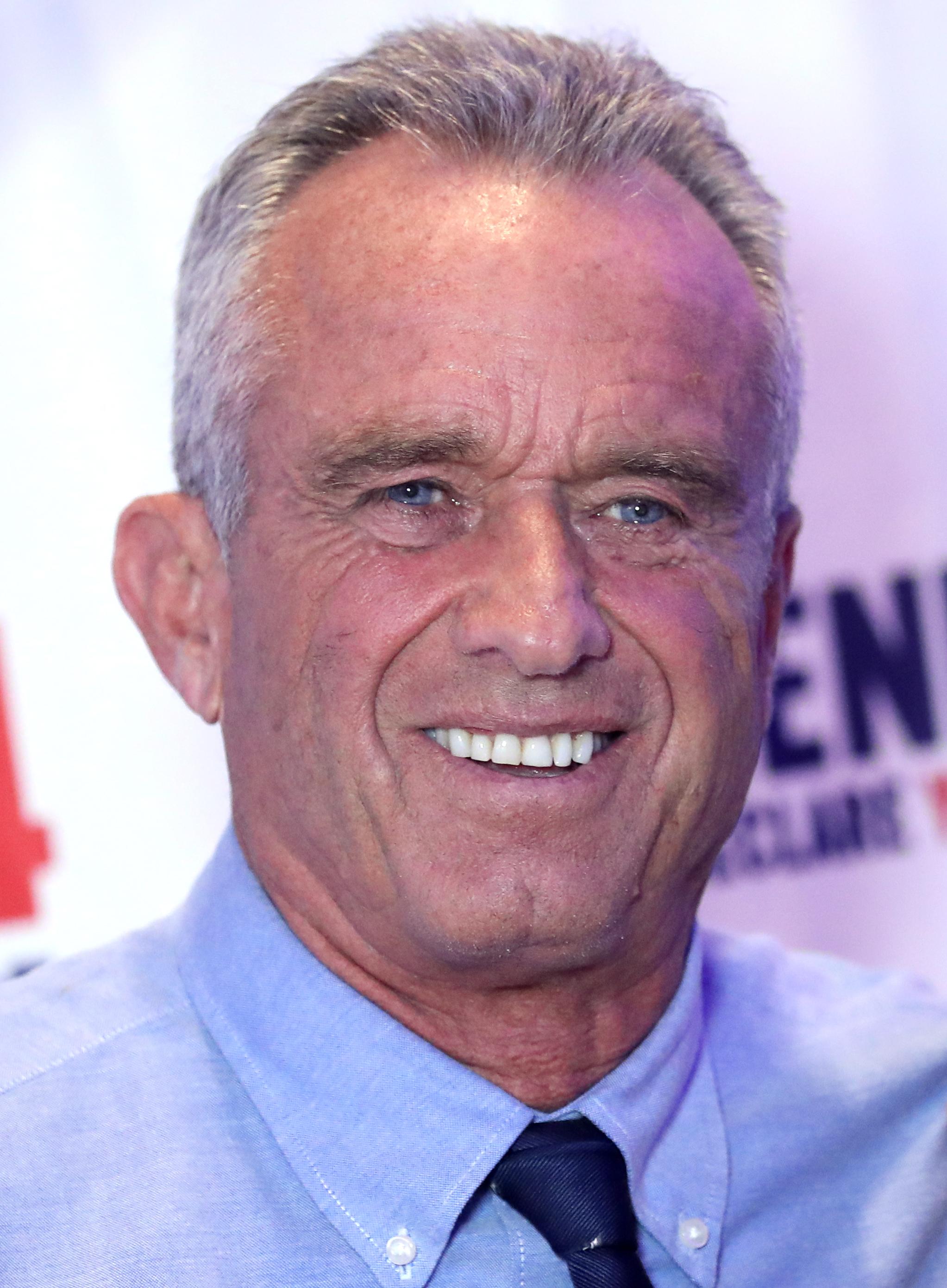Disability Rights
Disability rights advocates have been among the earliest and most vocal critics of emerging human genetic and assisted reproductive technologies. They are acutely aware that technologies enabling the selection of “good” genes and “normal” traits can devalue the bodies and ultimately the lives of people with disabilities. These concerns are grounded in histories of discrimination and abuse, notably the twentieth-century state-sponsored sterilization projects in dozens of U.S. states, and the Nazi campaigns to exterminate hundreds of thousands of disabled people in German medical facilities and concentration camps. Today, disability rights advocates ask whether innovations such as embryo screening and gene editing for reproduction are likely to create a future that respects or devalues difference and disability as a part of the human condition.
This article was cross-posted on Disability Remix, the blog of the Paul K. Longmore Institute on Disability at San...
From next-generation prenatal tests, to virtual children, to the...




